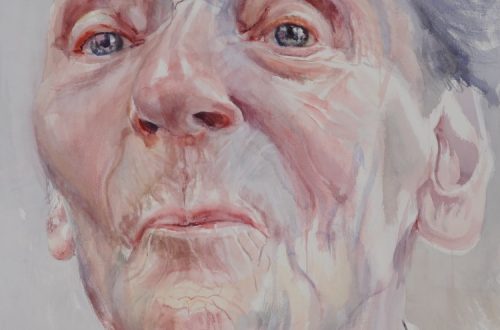Palliative care needs The Conversation
The World Health Organization defines palliative care as care that,
improves the quality of life of patients and their families facing the problems associated with life-threatening illness, through the prevention and relief of suffering by means of early identification and impeccable assessment and treatment of pain and other problems, physical, psychosocial, and spiritual.
According to Dr. Tim Ihrig Palliative Care needs to be discussed not only at the bedside with patients, but with the general public as well. Sharing the message, empowering people to know what palliative care is before they ever have a complicated diagnosis is part of my mission to spread palliative care.
Being Mortal, the latest book of Atul Gawande which was published in October last year, is apparently about the struggle to cope with the constraints and the failure of medical science to acknowledge that any ability to push back is finite.
Angelo Volandes published The Conversation. “If people were more informed about their options, they wouldn’t want a lot of the ‘medical care’ that they end up getting in our hospital system today.”
Volandes goes an extra step to tell people exactly how to raise the subject of death—in the context of personal values and life priorities—with their doctors. Because if a patient does not start the conversation, and insist on a quality understanding, it is unlikely to happen.
“Practicing doctors are a tough group to try and train. That’s what we’ve been trying to do for the past 10 years, and we’ve barely moved the needle. I have much more faith in patients bringing this conversation to doctors than waiting for doctors.”
The dilemma of modern medicine, in the era of tremendous medical capabilities—when almost any person can be kept alive well past the point when they would have otherwise died is, when are health professionals missing the point? When does care become, to use the word Volandes and Gawande do in their lived stories, torture?
Both authors focus instead on optimizing communication between doctors and patients. Patients can drive change with knowledge of their options, and doctors by communicating those choices—and guiding the decision with insight from experience.
Volandes also created a series of videos which were were made to supplement doctor-patient discussions and to provide information for patients to make truly informed decisions about their care. “When patients have honest exchanges and have the tools necessary to understand their choices at the end of life, then they—not the health care system—remain in charge of decisions about how they want to live.”
There will always be nuances and circumstances that cannot be predicted—which is fine. The point is not to deliberately lay out everything that a person might want done in every possible scenario.
At the end we will all be patients. We will all die. This is an issue central to who we are as humans. So what is keeping us from having these conversations? What are we waiting for? Don’t wait for your doctor!
More sources:


